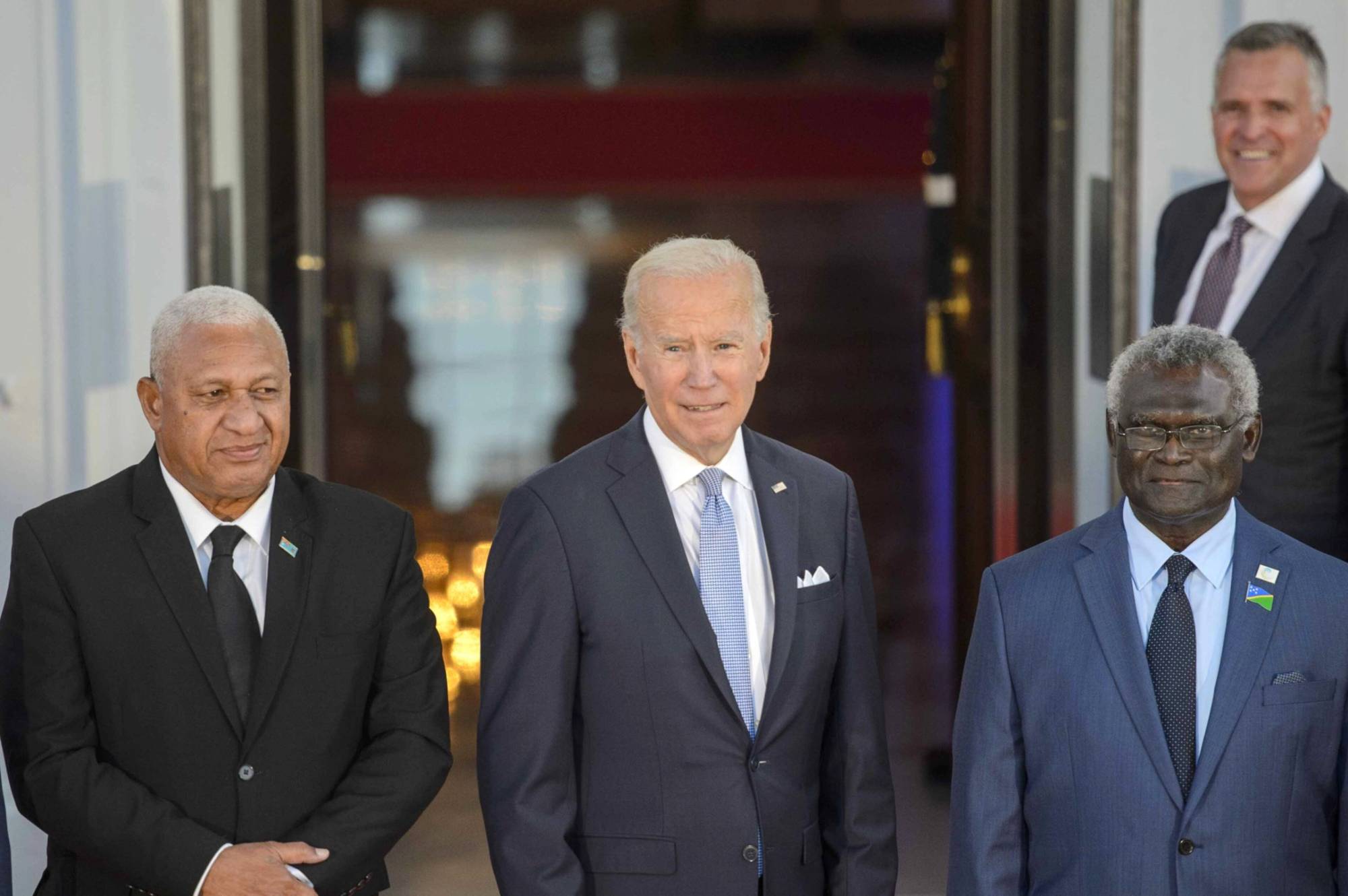The world is in the midst of a global permacrisis.
As interrelated shocks — the war in Ukraine, the fallout of the COVID-19 pandemic, the escalating U.S.-China rivalry, climate change and a looming financial meltdown — threaten to engulf the world’s great powers, it is time for emerging-market and developing economies (EMDEs) to revisit and revise their development strategies.
After the end of World War II, development economists emphasized decolonization, alternative growth models and strengthening state mechanisms to rein in markets. But over the past four decades, the neoliberal trade framework — underpinned by the Bretton Woods institutions and the Washington Consensus — did away with many of these state capacities in favor of market-oriented growth with minimal government intervention.

















With your current subscription plan you can comment on stories. However, before writing your first comment, please create a display name in the Profile section of your subscriber account page.